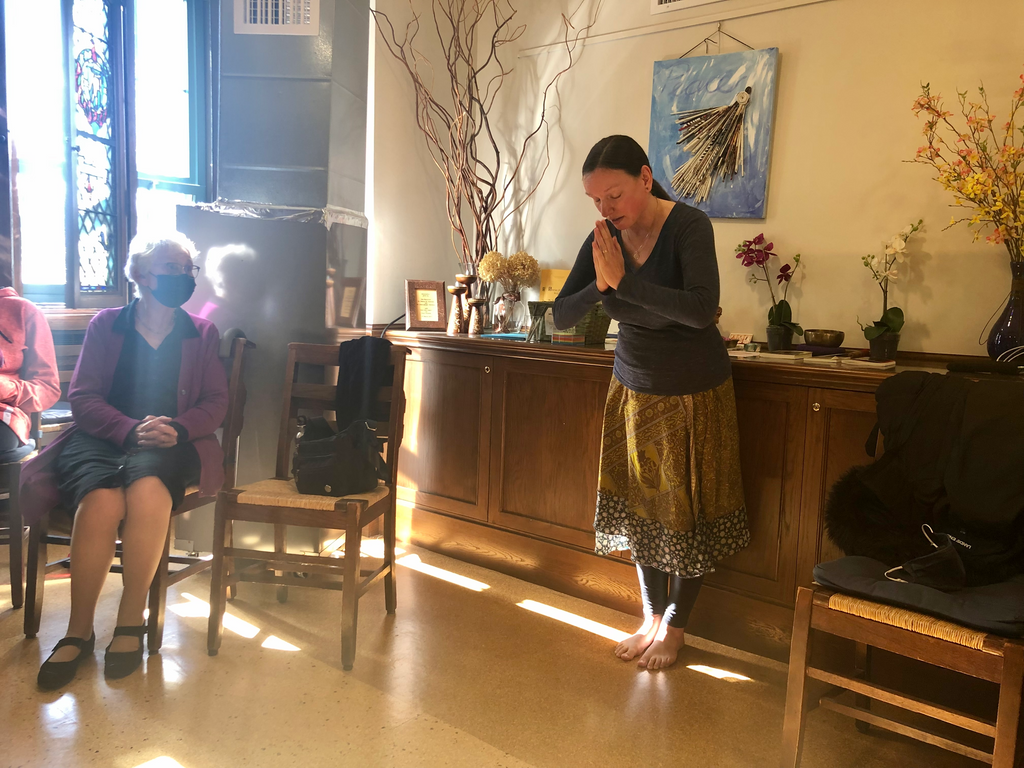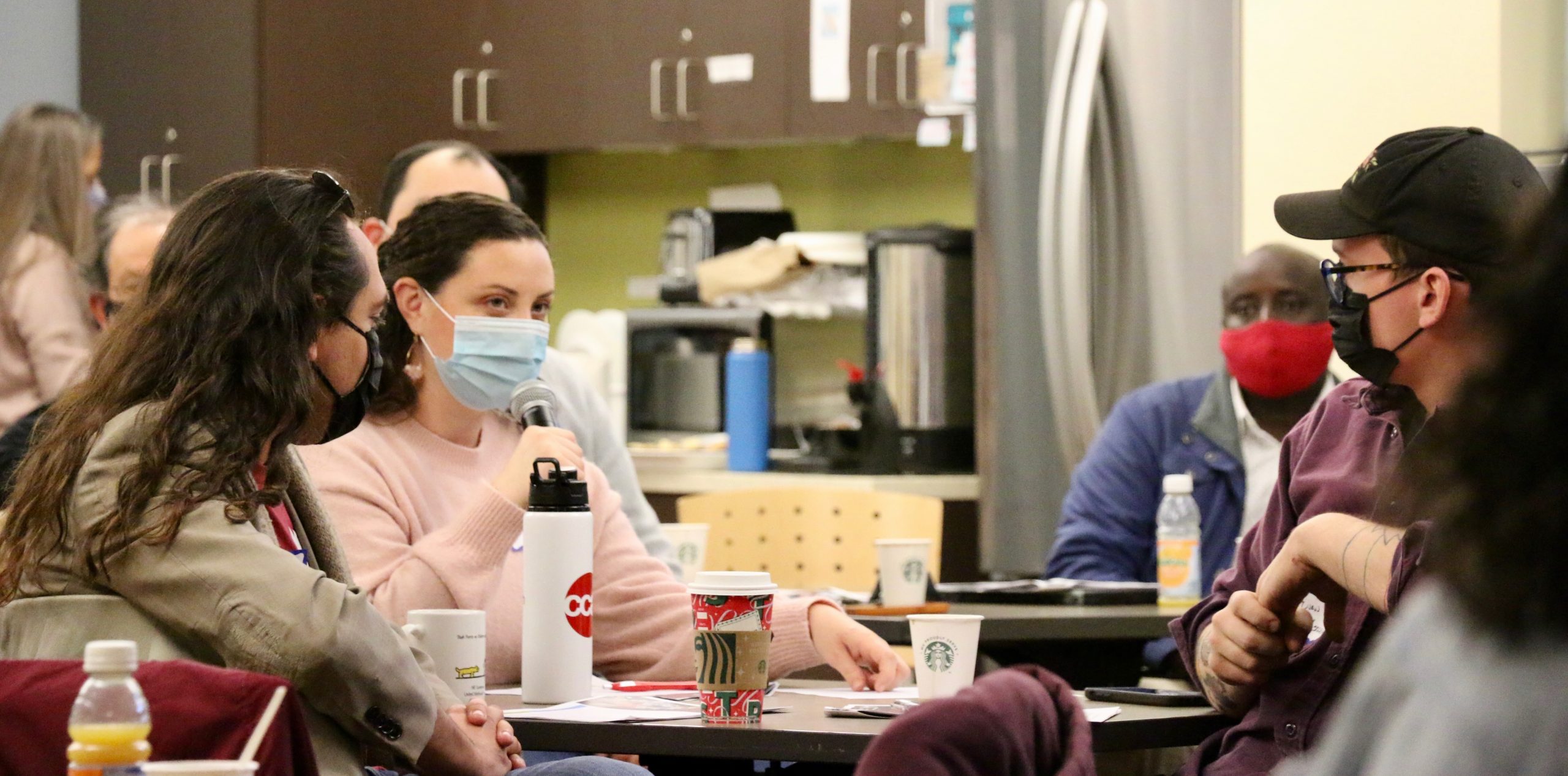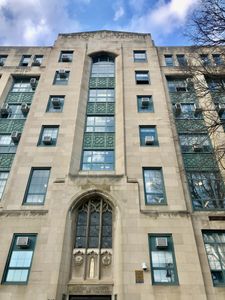Partners
The RCT program partners with the following to reach its mission:
- Interfaith Partners
- Community Practice Partners
- BU Collaborators
- STH Program and Center Directors
Interfaith Partnerships
Interfaith and cross-cultural understanding are important keys to conflict transformation. Honoring differences and minimizing dualities are crucial skills for peacemakers.

As a member of the Boston Theological Institute, Boston University School of Theology and the Tom Porter Program on Religion & Conflict Transformation partner with other Christian traditions and diverse faiths to create meaningful space for mutual learning, conversation, and understanding.
In the past, RCT has offered courses that have been collaboratively taught by Jewish, Islamic, and Christian faculty. We also encourage students to participate in interfaith events in the community. Internships with organizations like Cooperative Metropolitan Ministries (CMM) – the oldest interfaith organization in Boston – equip students with specific skills to work with diverse faith communities around issues of equality and justice.
Partnership with Hebrew College
Each year RCT partners with Hebrew College to develop a specific plan for collaborative learning, joint courses, and special events. Click here to read more about our partnership with Hebrew College.
Partnership with Boston Islamic Seminary
RCT has a growing relationship with the new Boston Islamic Seminary and looks forward to future collaborations. Click here to read more about our partnership with Boston Islamic Seminary.
Jewish Cultural Endowment (BU)
RCT has received two grants for programming:
- Jewish Culture and the Arts: Building Bridges Across Communities
- Anti-Semitism, White Supremacy, and US Culture: The Call for Interfaith “Upstanding”
Community Practice Partnerships

The goal of the RCT Internship Program is to provide opportunities for student learning and service in just-peacemaking, to expand interfaith collaboration and education, and to help students develop skills in dialogue, mediation, crossing boundaries of culture and religion, practicing and sharing sacred practices, giving public witness for just-peace, and reforming institutions from the inside-out.
RCT seeks to provide these service-learning opportunities in collaboration with community and global partnerships, including congregations across many faith traditions, as well as professional and non-profit organizations. Thus, students are encouraged to engage in real-world experiences to augment their classroom experience.
Review the list of current Internship Supervisors that serve as Community Practice Partners: RCT Internship Sites (2022-2023).
BU Collaborators

The RCT Program has partnered with various departments within and across BU, including:
- Pardee School of Global Studies
-
- CURA, Institute on Culture, Religion and World Affairs, Director – Timothy P. Longman
- Joint fellowship with BUSTH, and collaborative programming over recent years, including
- Seminars and a recent workshop on research methods for STH international students
-
- Howard Thurman Center for Common Ground,
Director – Katherine Kennedy- The Director has met with Mrs. Kennedy to explore some collaborative programming, utilization of STH RCT students to facilitate dialogues, etc. Due to Covid and their staffing transitions, we were not able to implement anything specific.
STH Program and Centers Directors:
- DMin program – Eileen Dailey
- Program for Life-Long Learning and Alumni Connections – Andrew Kimble
- Shaw Center – Choi Hee An
- Center for Practical Theology – Bishop Susan Hassinger
- Center for Global Christianity and Mission – Dana Roberts and Darryl Ireland
- Faith and Ecological Justice Program – Becky Copeland
- Chaplaincy Program – Shelly Rambo
- Raices Latinas Program – Filipe Maia (potential)
- Theology and the Arts – Andrew Shenton (potential)
Student Clubs and RCT collaborations:
In order to respond to STH student body concerns related to current issues, the RCT program has responded to requests to co-sponsor seminars, circle processes, and workshops. This approach has engaged additional student leaders and provided more effective outreach. Review the STH Community Student Groups here.
Many students engaged with the RCT program provide leadership to the Interfaith Student Club, where the RCT director has served as an advisor. Others are involved with the Student Chaplaincy club and are active in bringing Chaplains from all sectors to campus.